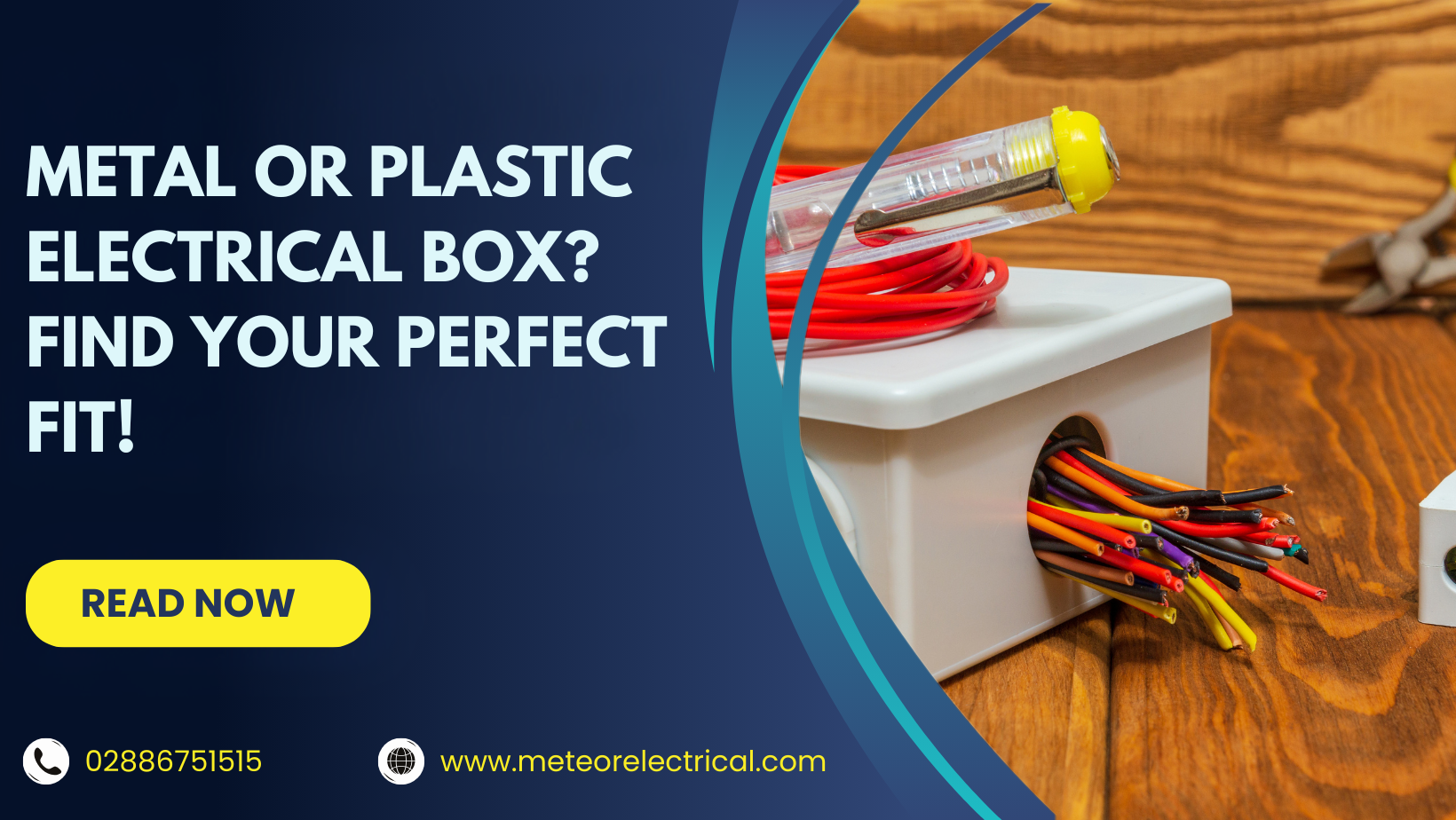Metal vs. Plastic: Which Electrical Enclosure Box Is Best for You?
Metal vs. Plastic: Which Electrical Enclosure Box Is Best for You?
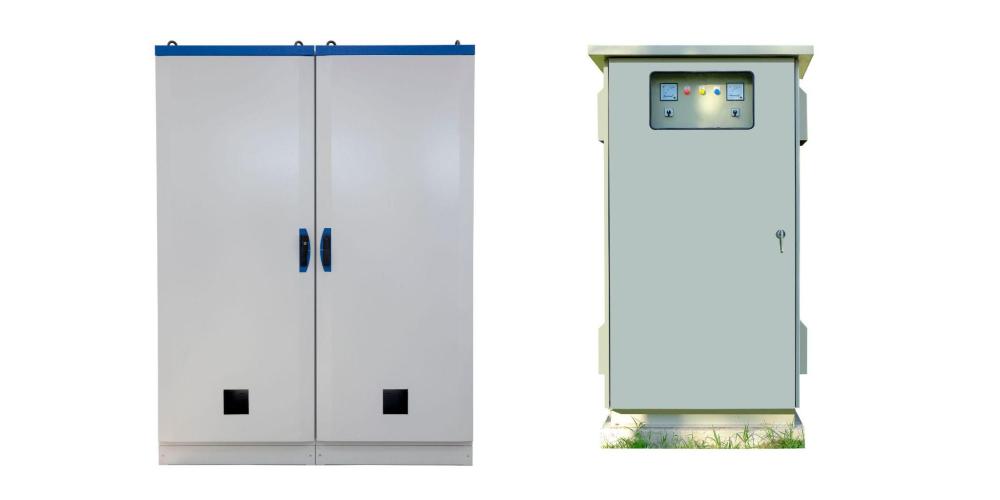
Have you ever wondered what not to miss when you prepare for some outdoor lights, or perhaps when you are getting your messy workshop in order by acquiring some new electrical equipment? You have the switches and sockets all prepared, but there is one thing that you cannot do without: the electric enclosure box. It is the behind-the-scenes guy who makes sure that your setup is off limits to dust, water and such disruptions. Now the tricky part is: Which one would you choose, metal or plastic?
Let's discuss the advantages and drawbacks of both of them so that you can choose the suitable one for the project. Choosing the best enclosure box is just a matter of applying that idea, making your electrical stuff secure and running smoothly.
What Are Electrical Enclosure Boxes?
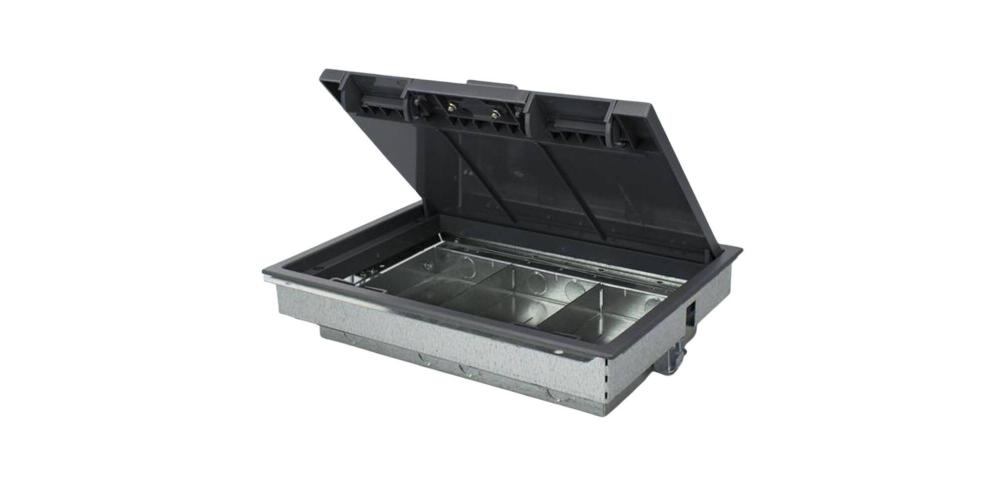
You should think of these boxes as the bodyguards of your electrical world. They cover your wiring, switches and sockets against anything the environment throws at them, i.e. rain, dust, or even an accidental bump. They come with an IP rating, which is just a fancy way of saying how well they block out dust and water. As an example, IP66 implies that it is completely dust-free and can withstand substantial water spray, which is amazing for outdoor setups.
The other big choice here is material: metal or plastic. Each is strong in its own way, so now we are going to get down and know what makes each one tick.
Credit: Electrician U
Metal Enclosure Boxes: The Tough Choice
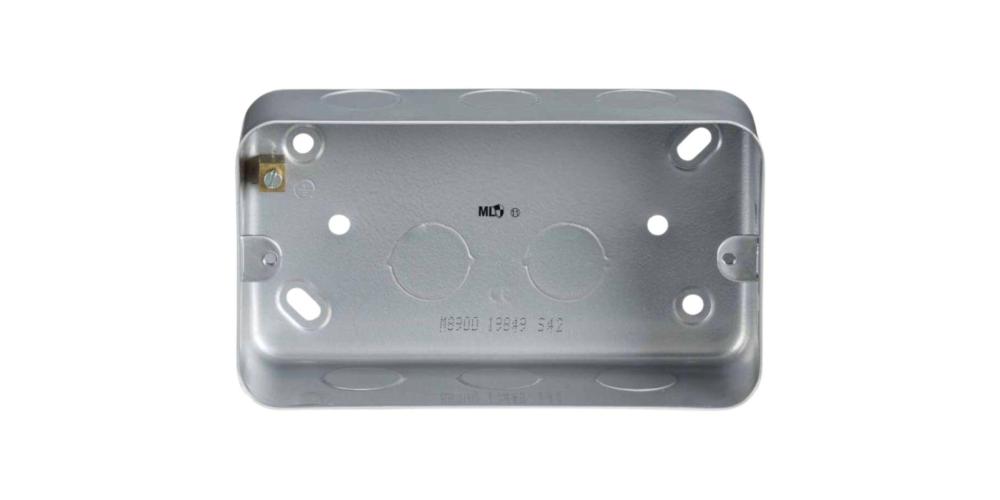
Metal boxes are the rugged champs, usually made from steel or aluminium. They're the go-to for harsh spots like factories or outdoor are4as where conditions can get wild.
Why Choose Metal?
- Built to Last: These objects are capable of taking bangs, really high temperatures or low temperatures and not sweating.
- Super Secure: You can hardly open them, especially in case you want to have some additional safety in a crowded, public place.
- Blocks Noise: Metal stops electromagnetic interference, which is crucial for sensitive gear.
- Long Haul: As long as you take care of them, they will stick around for years.
But There's a Catch
- Heavy Duty: They weigh more, so installing them might take a bit of muscle.
- Pricey: Better materials and construction mean a higher cost.
- Rust Watch: Without the right coating, they can rust in wet or salty places.
Metal's your pick if you're in a rough-and-tumble setting where toughness is non-negotiable.
Plastic Enclosure Boxes: The Versatile Option
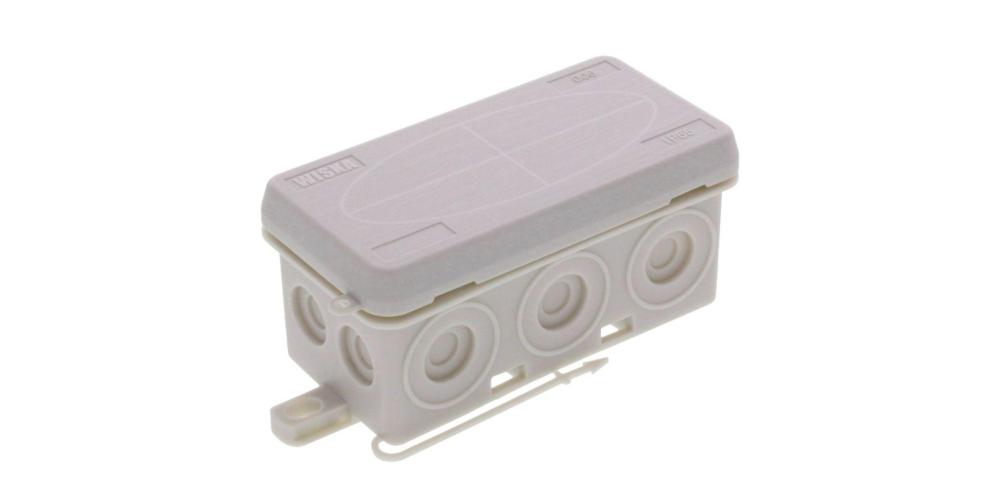
The lighter option is a plastic box, which is usually constructed out of polycarbonate or ABS, being a low-cost alternative. Every home and small business is springing up as they are so simple to operate.
Why Choose Plastic?
- Light as a Feather: You can easily carry them along and install, and they are great for a quick setup.
- No Rust: Perfect for damp or coastal areas since they won't corrode.
- Budget-Friendly: You obtain quality protection without having to pay a lot.
- Safe Vibes: The plastic is non-conductive, making it an added safety point.
The Flip Side
- Less Tough: They are solid but will not be able to stand up to metal in wild situations.
- Not Fancy: They may not appear as smooth when they are exposed.
- Sun Fading: Not all plastics are built to stand the UV rays and fade.
The great thing about plastic is that it is inexpensive and great to use around the house, whether you are lighting up your garden or some basic setup in the garage.
Key Things to Think About When Choosing
So, how do you decide? It's all about what fits your needs. Here's what to mull over:
- Location: Is it outdoors, and being exposed to rain or dust? Metal may seem more ideal in rough areas, whilst plastic would be excellent in humid situations or in closed rooms.
- Purpose: Heavy machinery? Go metal. A little patio light? Plastic's fine.
- Cash: The plastic one is cheaper on the spot, but the metal one can save you money in the long run. The metal one can also last longer.
- Setup: It is lighter, hence can be mounted or relocated easily.
- IP Rating: Check this! The IP55 is good, whereas the IP66 is the elite when it comes to protection.
Spotlight on Some Great Enclosure Boxes
Let's check out a few options that could work for you. These are solid picks, each with its own vibe.
1. Gewiss 4 Module 132x82x55 IP55 Enclosure
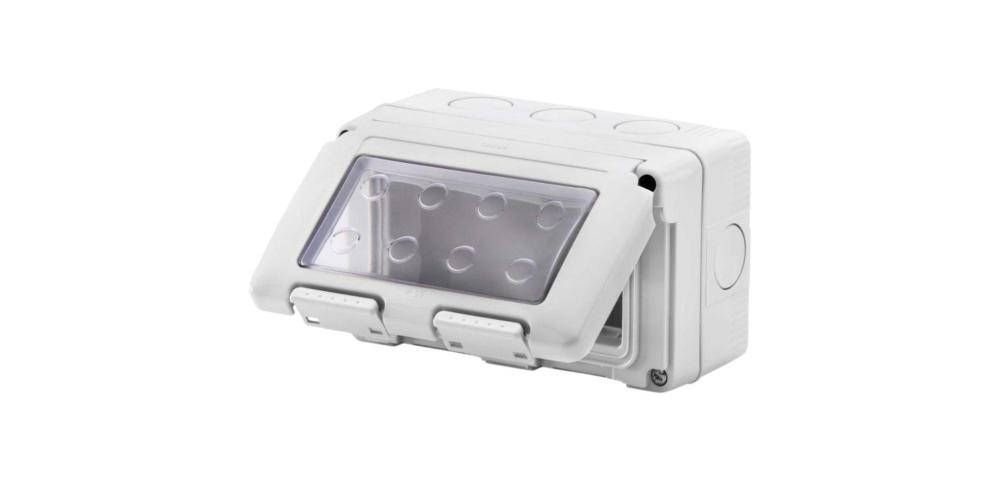
This little guy's perfect for small jobs. It's polycarbonate, so no rust, and with an IP55 rating, it handles dust and light water. Great for a garden or shed.
2. Selectric 1 Gang Heavy Duty Universal Accessory Box IP66 Rated
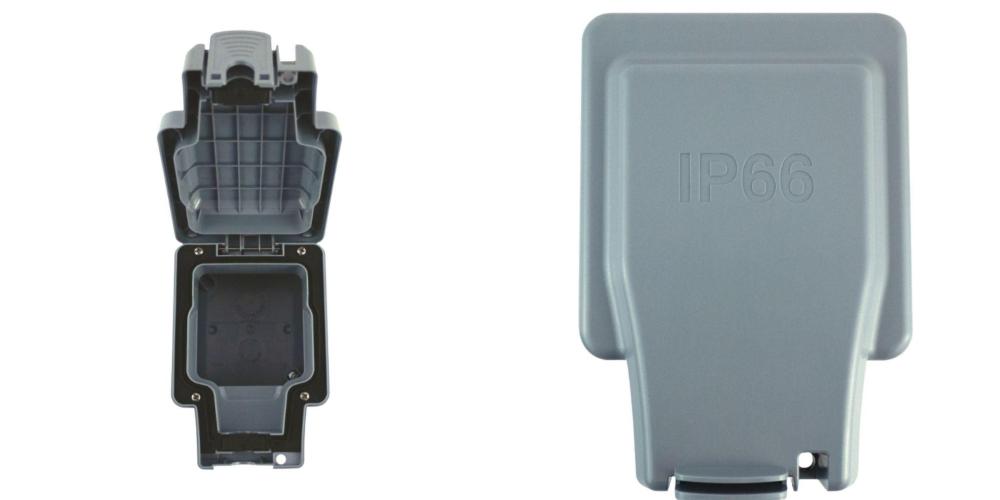
This one's a beast for tougher gigs. IP66 means it laughs off dust and strong water jets. Made of polycarbonate, it's awesome for outdoor lights or pro setups.
3. Edison 3 Module 99x82x55 IP55 Enclosure GW27043
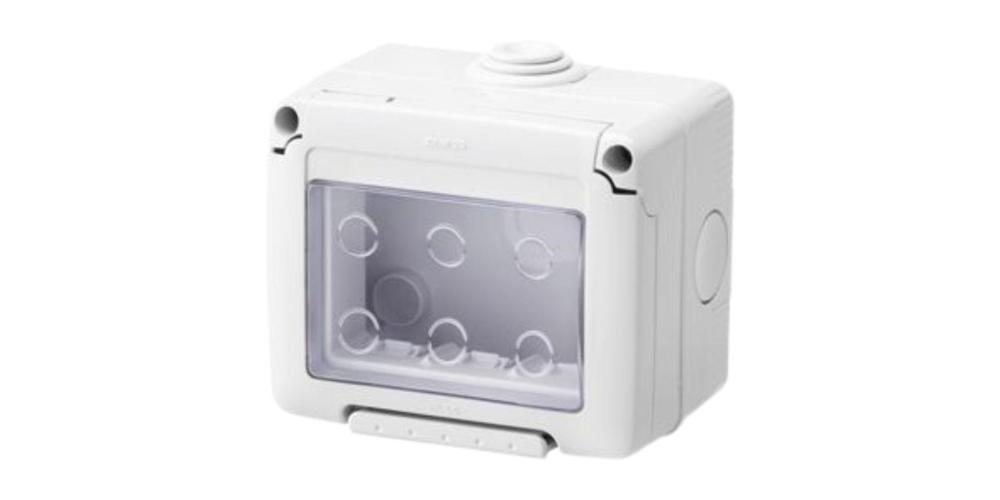
A handy 3-module box for home use. IP55 keeps dust and water at bay, and its lightweight plastic build makes it a snap to install in a garage or patio.
4. Garo 2-Way Insulated Modular Enclosure
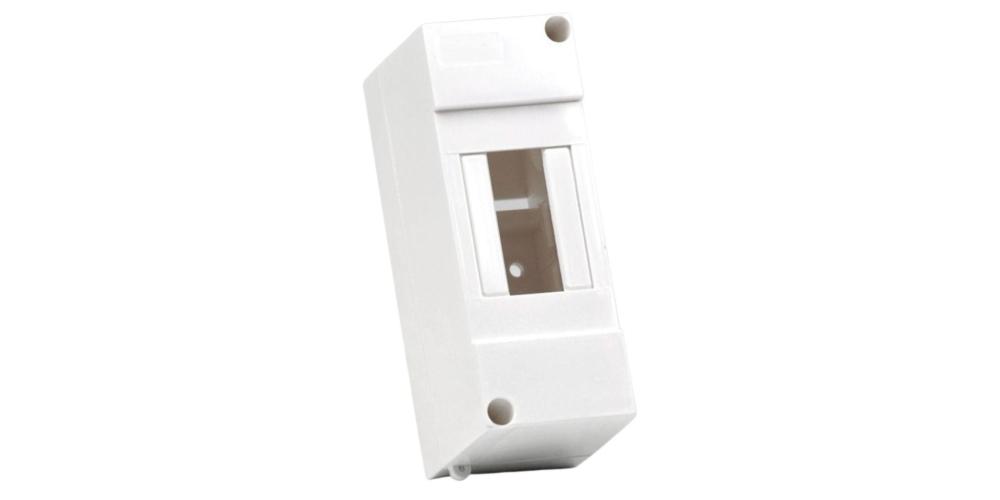
This one's flexible-perfect for custom projects. Insulated polycarbonate and a good IP rating make it a solid choice for workshops or outdoors.
Making Your Decision: Metal or Plastic?
Alright, decision time! If you're in a rough spot and require something that can take a beating, or you require something that could survive the abuse, then metal is your friend. It is heavy-duty and solid. Plastic is cheap, light and serves the purpose when you are doing a home project or something not so critical.
Consider the destination and see what peace of mind you need, along with how much you would like to spend. Check twice that the IP rating is also good; that is your backup in terms of safety.
Credit: Everyday Home Repairs
Final Thoughts
Picking the right enclosure box is crucial to keep the electrical setup humming along safely. Plastic or metal, it does not matter, just make sure it suits your needs. Also, if you want to check out a reliable source with more options, then we have a whole lot of choices on our website - Meteor Electrical. Trust us because here you will find your fit. Choose us or visit our website today and get that project powered up, you've got this!
FAQ: Metal vs. Plastic Electrical Enclosure Boxes
Below are answers to common questions about choosing between metal and plastic electrical enclosure boxes to help you make an informed decision for your project.
1. What is an electrical enclosure box, and why do I need one?
An electrical enclosure box protects wiring, switches, and sockets from environmental factors like dust, water, and physical damage. It ensures safety and reliability for your electrical setup, especially in outdoor or harsh environments.
2. What does the IP rating mean, and why is it important?
The IP (Ingress Protection) rating indicates how well an enclosure protects against dust and water. For example, IP55 offers good dust and water resistance, while IP66 provides superior protection against strong water jets and complete dust exclusion. Choose a rating based on your project's environmental needs.
3. When should I choose a metal enclosure box?
Metal enclosure boxes, typically made of steel or aluminum, are ideal for harsh environments like factories, outdoor areas, or places with extreme temperatures. They’re durable, secure, and block electromagnetic interference, making them suitable for heavy-duty or sensitive equipment.
4. When is a plastic enclosure box a better choice?
Plastic enclosure boxes, often made of polycarbonate or ABS, are lightweight, rust-proof, and budget-friendly. They’re great for home projects, damp or coastal areas, and simpler setups like garden lighting or garage wiring.

